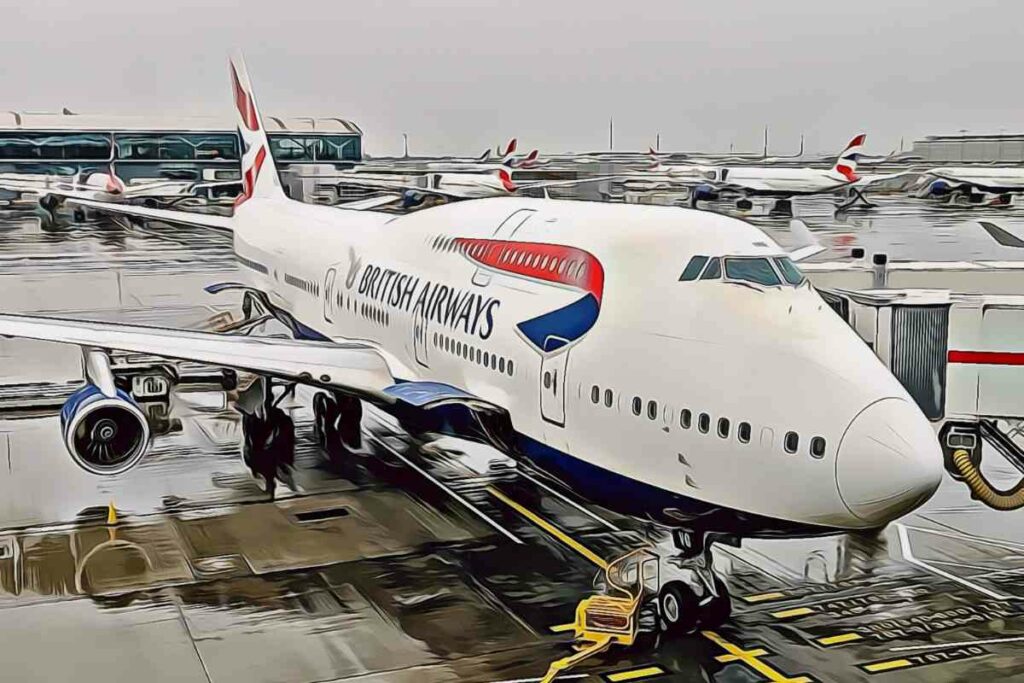British airports intend to relax rules on taking liquids and electronic devices in carry-on luggage from mid-2024, the government has said in a press release Thursday, confirming previous rumors in the local media.
The current rules allow for less than 100 ml of liquid in the aircraft cabin if placed in clear bags at the security checkpoints. In addition to that, larger containers have to be checked. Furthermore, larger electronic devices such as laptops and tablets must be moved from bags, resulting in extended security check queues at airports.
As per the proposed changes, the 100ml liquid rule will be increased to two liters. Also, the passengers will no longer be required to remove electric devices from their bags at checkpoints. However, until the changes come into force, the existing rules will continue to apply.

The Department for Transport will present a new bill in the Parliament this week to mandate all major national airports to install new high-tech 3D CT scanners to create detailed images of what is inside the passengers’ bags.
“The tiny toiletry has become a staple of airport security checkpoints, but that’s all set to change. I’m streamlining airport cabin bag rules while enhancing security,” Transport Secretary Mark Harper said.
The government introduced the current system in 2006 after the police revealed a foiled terror plot by a British man to blow up a transatlantic jet in 2001, Voa news explained.
In 2019, the BBC reported that former Prime Minister Boris Johnson pledged to use scanning technology to streamline pre-boarding checks and improve security, giving the airports a deadline of the end of 2022. After that, however, the legislation had to be shelved due to the coronavirus pandemic.
Last month, London City airport started a trial with one security lane equipped with advanced CT scanners to let passengers leave electronic items and liquids in their hand luggage. The Guardian reported that the airport in eastern London intends to replace its regular security X-ray machines with the new technology by April.
London’s Heathrow airport has been trialing the technology since 2017. It lets security staff zoom in on a bag’s contents and rotates images to detect prohibited items. Christopher Snelling, the Airport Operators Association’s policy director, welcomed the initiative. In an interview with the BBC, he opined that the investment is a “great step forward” for domestic aviation. According to him, the CT scans will also make the passengers’ experience easier and more pleasant.
Modern CT scan technology is familiar to many international airports. It is already used in the United States at Atlanta’s Hartsfield-Jackson and Chicago’s O’Hare. In addition, US Transportation Security Administration commented that the advanced technology makes passengers feel safer as it can detect forbidden objects like weapons. Amsterdam’s Schiphol Airport also uses it, according to the report.
Although the limitations of bringing liquids in cabin luggage are relatively standard, in some countries, including Brazil, Indonesia, Australia, Japan, Malaysia, and New Zealand, there is no limit on liquids for domestic flights, Euronews reported.
According to the Department of Transportation, modern technology will provide greater convenience to passengers and enhance security levels.



